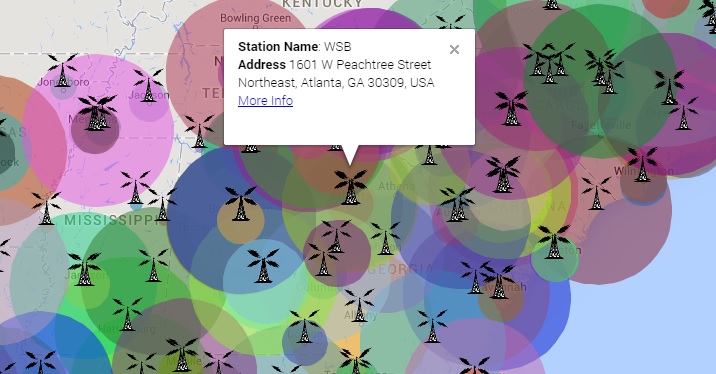Author: watrall
-
Bioarchaeology, Digital Humanities, and Public Engagement
Social science has faced increasing scrutiny from specific segments of the public recently, specifically with regards to the review of NSF funding allocations. So how can be, as social scientists, help the general public better understand the value of what we do? How can we engage the public in productive discourse? This is where digital…
-
More Stories, Better Representation?
I decided to use the blog space this time to talk about the idea of representing people in academic or non-academic contexts. A contested term in itself, “tribal communities” are among the most under-represented and misrepresented groups of people in India. Till I was sixteen years myself, I had never heard of tribal communities in India; an…
-
Uncovering Isolation in the Archive: Women Workers in Bicycle Factories
I have begun diving to a variety of sources for my project “Wheelwomen at Work,” in which I am digitizing women’s involvement in the bicycle industry from the 1880s to the 1910s. One of my most striking findings so far has come from factory inspection records. Starting in the 1880s, many states established departments in…
-

Visualizing Southern Television 2.0: Launched!
Today marks the official launching of Visualizing Southern Television 2.0, the second version of my project digitally mapping the footprint for television stations in the south between 1946 and 1965. Back in June, I began the process of deconstructing the mapping infrastructure of VST with three main goals: to improve the aesthetics of the mapping…
-
Say Digital Humanities One More Time…
Early Modernists have done impressive work in the digital humanities as of late. This exciting shift in methodology allows greater opportunity to complete original research as well introduce new pedagogical techniques into our classrooms. In the end, I view digital projects as tools; tools used for collaboration, teaching, and further research. This blog post will…
-
The Digital Bridge from History to Business
When undergraduates majoring in history tell people about their academic interests they are usually asked “What are you going to do with that?” or “Are you going into education or law?” This is alarming for two reasons. All employers claim that they want to hire people who can do things like write clearly, conduct research,…
-
Decoloniality & The Digital: Confronting Techno-Seduction in the Digital Humanities
Techno-seduction is a theoretical framework I’ve developed to better understand the ways in which scholars and activists come to be seduced by the false promises of technological determinism. In “Digital is Dead: Techno-Seduction at the Colonial Difference, From Zapatismo to Occupy Wall Street,” I draw from the work of decolonial theorists to argue that the…
-
Osteology and Digital Data
There has been a lot of talk in recently about having a digital presence in anthropology. Some portions of the field have adapted to new technology more readily than others. Connecting with social media and blogging is great, but how do we move our data collection, storage, and sharing into the 21st century? Sharing data…
-
Digital Ethics
Lately, I’ve been contemplating the next phase of my digital scholarship. Currently, I am working on revamping Imbiza (from 1.0 to 2.0) and helping test the beta-version of the KORA plugin. But, as I’ve discussed previously on my personal blog, some people might be surprised to discover that South African football is not the focus…
-
CHI Fellowship Introduction: Becca Hayes
Greetings! I’m a third year PhD student in Rhetoric and Writing. I earned my BS in Psychology with a Writing Studies minor and my MA degree in English with an emphasis in Composition from North Dakota State University. My MA thesis was an archival project on the rhetorics of identity surrounding abortion legislation and activism…